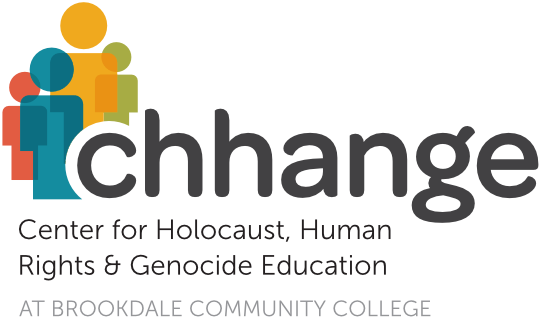David Haytaian

Submitted by John D. Haytaian, David Haytaian’s son
David Haytaian was born on September 17, 1899, in Marash [Kahramanmaraş], Turkey. At the time there were 30,000 to 40,000 Armenians in Marash. My father’s family of some seven brothers and a sister lived relatively well as my grandfather had a dry goods business. David was the youngest sibling.
Right before the start of the Armenian Genocide in April 1915, my grandfather Garabed Haytaian was warned of the coming horror by Turks he knew. As much as my grandfather warned other Armenians, they did not believe him. They thought he was a fool not to realize that the Turks wanted him and his family to leave, so they could take his possessions.
The family left for Cyprus, and my father was the only member of his family to come to the United States. Since he died when I was thirteen years old, I was never able to get much information. His passport says that he left Beirut, Lebanon, in August 1920, and that he arrived in the U.S. in September 1920. The rest of his family ended up in France. Many of his siblings’ relatives live in Lyon, France.

My father came through Ellis Island with his cousin Joe Topalian, and his friend, Joe Chorbajian. They had a $20 gold coin which they passed to each other when asked if they had any money.
He first lived in New York, in the Armenian enclave on 28th Street. In 1937 he married Zakia Vaniskhian in Cuba. After they returned to New York, they first lived in Washington Heights, and then in the Bronx. They had a good life together until my father died on September 1957, one day before his fifty-eighth birthday.
My brother Garabed (Chuck) Haytaian was born in 1938 and I in 1943. My brother, who graduated as an electrical engineer, rose to Speaker of the New Jersey Assembly. I graduated from Rensselaer Polytechnic Institute and had a wonderful career in technology.
My father was a goodspirited man, with a keen sense of humor who instilled in us a great pride of the United States. He discussed with us the politics of the time from our childhood years. He always told us to become engineers, because in the old country engineers were called Professors.
Because of the Genocide my father’s education was stopped, and with the need to earn a living in the U.S. he was never able to continue.
My brother and I always felt that with his great interest in politics and history, if he had been born in the U.S. he would have been a politician.
